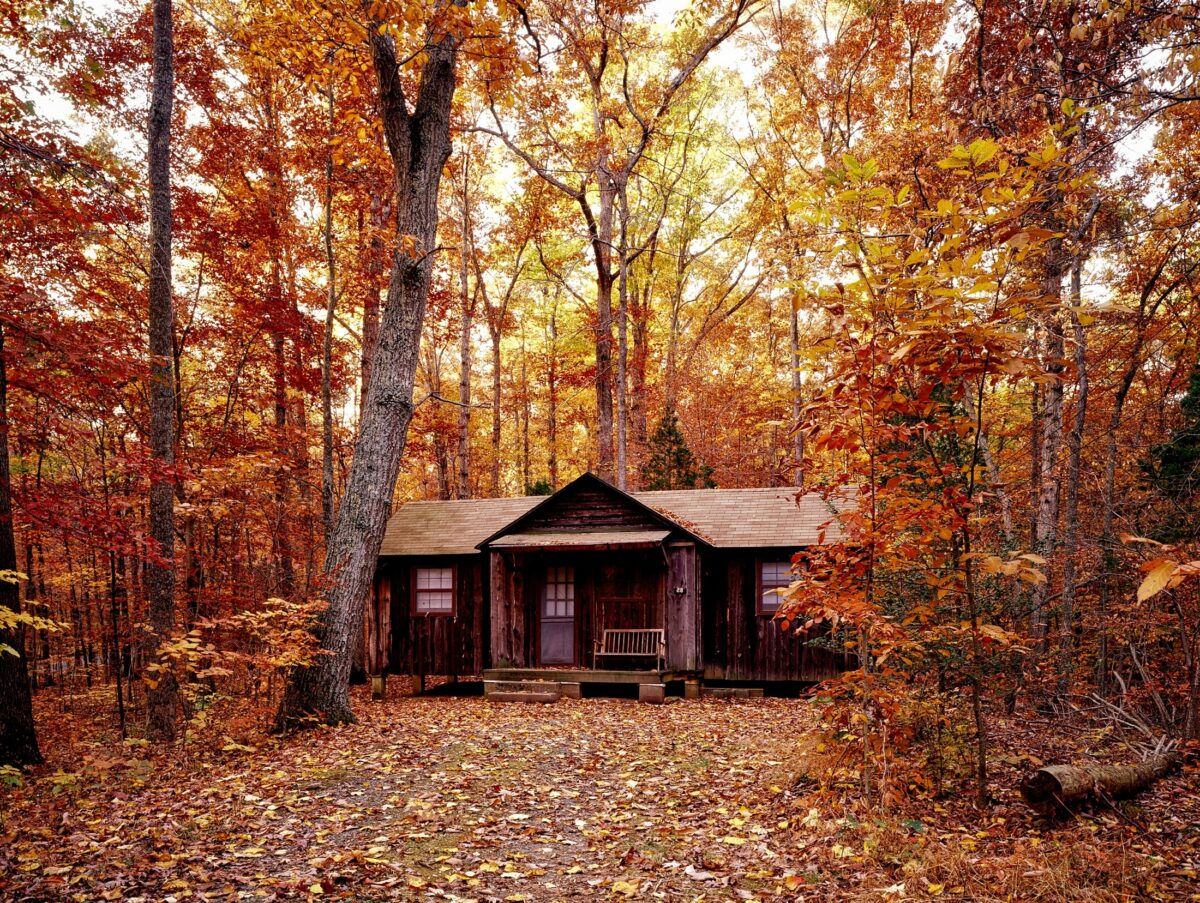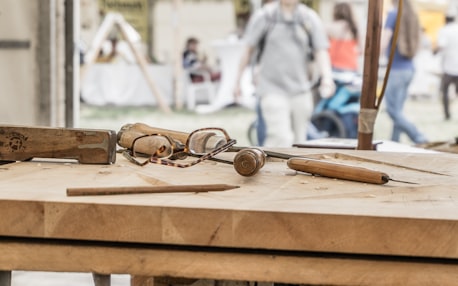
Crucial First Steps for Taking Your Home Off-Grid
Living off grid isn’t for everyone, but for the nearly 200,000 Americans who’ve made that decision, it’s incredibly freeing. Not only does off-grid living save money on utilities, but it also positively impacts the environment.
Once you’ve finally found the perfect off-grid location for your home, you’re almost ready to take the leap. The most crucial step in living off-grid is ensuring you’re fully prepared for the path ahead. Here are three essential steps you need to take to get your off-grid home move-in ready:
Access to a Water Source
If you haven’t purchased your off-grid property yet, be sure to find a location with access to a natural water source. If that option is unavailable, the next best thing is an off-grid home where you can easily haul water. Some off-gridders use a rainwater collection system or rely upon hand-dug wells. If you’re using a natural water source, it’s critical to your health and safety to boil or treat your water before drinking or cooking with it.
Bottom Line: The CDC and the EPA both warn that unclean drinking water can lead to severe, sometimes deadly, health concerns, like infections from E-coli, as well as cholera, typhoid and Hepatitis A. Prioritize access to clean water from day one.
A Consistent Food Supply
Many people who live off grid hunt, fish, forage and garden for their meals. Take time to learn those skills and stock up on any supplies you’ll need. Secure all the licensing and permits you’ll legally need to hunt in your area. If relying solely on hunting and fishing won’t provide enough sustenance, consider cultivating vegetable gardens, nut trees, andorchards.
Bottom Line: Learn how to hunt, grow, can and preserve foods. Stock up in preparation for the winter months. Keep a supply of dehydrated food on hand to help during shortages and emergencies.
Manage Your Waste Responsibly
Being off grid means you won’t have access to city and county services like waste removal and sewage. It will become your responsibility to manage your own waste. For instance, you might use traditional composting to dispose of kitchen and paper scraps. Research which vegetables and scraps are compostable and create a plan for disposing of meat and human feces. Many homeowners use a composting toilet to turn bodily waste into fertilizer. Composting toilets can also save roughly 60 percent of your water usage.
Bottom Line: Try to generate as little trash as possible. But it’s impossible to generate no trash, so think about where you can haul trash, like nearby dumps or trash compactors. Consider other sanitation supplies like steramine tablets, Rid-X and Bio Clean.
Additional Off-Grid Considerations
There are many other important aspects of living off grid, like determining your main power source (such as hydro, solar, or gas generators) and building a structure to withstand the elements. However, clean water, a regular food supply and proper waste management are essential to prioritizing your health and safety while living off-grid.
Living off-grid has severalbenefits, but it takes a lot of work, especially at first. Now that the entire world is seeing the impact of the a global pandemic like the coronavirus, more people are looking into off-grid living. While this lifestyle won’t guarantee you a healthier life, it can potentially lead to a reduced carbon footprint, a simpler and lower-stress lifestyle, and a quieter way of living.
Photo: Pexels

